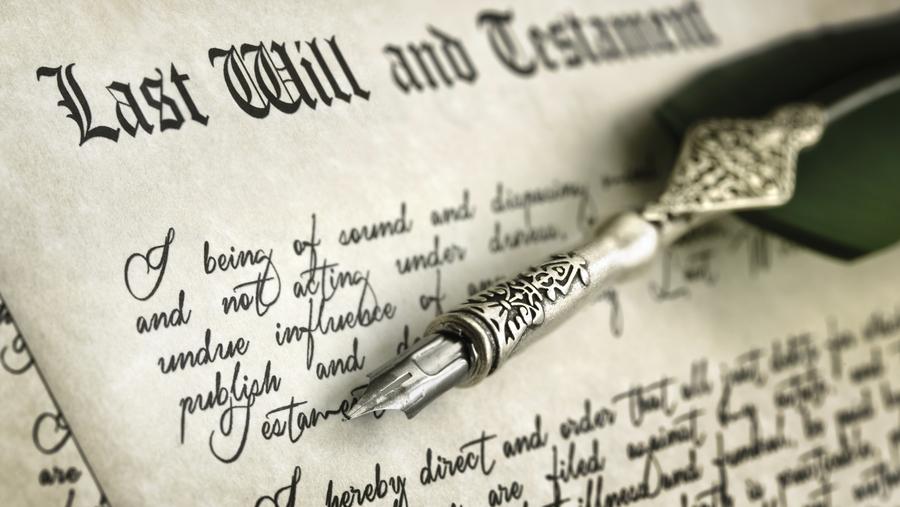While no one is every truly prepared for a death in the family, the pandemic has illustrated the need to be as prepared as possible when it comes to end-of-life plans for a will, power of attorney or even legal guardianship for children.
Estate attorneys say they’ve seen an uptick in interest over the last year.
“In terms of interest in updating planning or in some cases initiating it, it got people through the door that might not have,” said Marty O’Toole, a partner and chief of the trusts and estates group at Harter Secrest and Emery LLP.

The conversation generally starts with the introduction of a standard package of documents including living or revocable living trusts; power of attorney; health care proxy; and of course, the will. Plans also review orders for DNR (do-not-resuscitate) or the MOLST form (medical orders for life sustaining treatment). Both are particularly important as people face the prospect of going on a ventilator or using other means to keep their lungs functioning if they have a rough case of the virus and end up hospitalized.
“You want to have a check list of things that someone does or doesn’t want to have happen in the event that an EMT gets summoned to the house,” O’Toole said.
And while people may have completed a free will through an online service, all wills must be legally executed with an attorney or may not be legally recognized. During the pandemic, what’s changed the most is how these documents are executed. State and federal regulators are now allowing wills and power of attorney documents to be signed with remote witnesses.
Another common misperception is that if someone dies without a will, their estate will automatically go to their spouse, but that’s not the way it works. New York’s laws of intestacy, those without a legal estate plan will see the first $50,000 go to the spouse, with the remainder split between spouse and children.
The most important document is the power of attorney, designed to help manage assets, bills and guardianship in case of a catastrophic event that affects cognitive ability, O'Toole said. Setting it up can take time, so it’s important not to wait until it’s needed.
![Liebner Formal[1]](https://media.bizj.us/view/img/11957553/liebner-formal1*320xx2832-4248-0-0.jpg)
Katherine Liebner is an attorney with Gross Shuman specializing in estate planning and estate administration. She sees the fal-out after someone dies without plans in place. The best option, she said, is to address things before any crisis.
“You want to do it right, and you want to take your time, but sometimes that makes some people put the brakes on,” Liebner said.
Liebner recommends reviewing and making changes every five years to account for marriage, divorce, death, illnesses and even finished friendships. Retirement accounts, work-related life insurance policies and pensions should also be reviewed.
“This could have been set up 10 years ago before you got married or had kids, maybe you named your parents,” Liebner said. “Those govern those properties – it doesn’t matter what it says in your will.”
What's worse is if family members must make decisions when someone dies.
“I always try to encourage clients to think of this as an act of love for your family,” Liebner said. “They’re really the ones left holding the bag at the end of the day, and you want it to be the least complicated it can be.”
